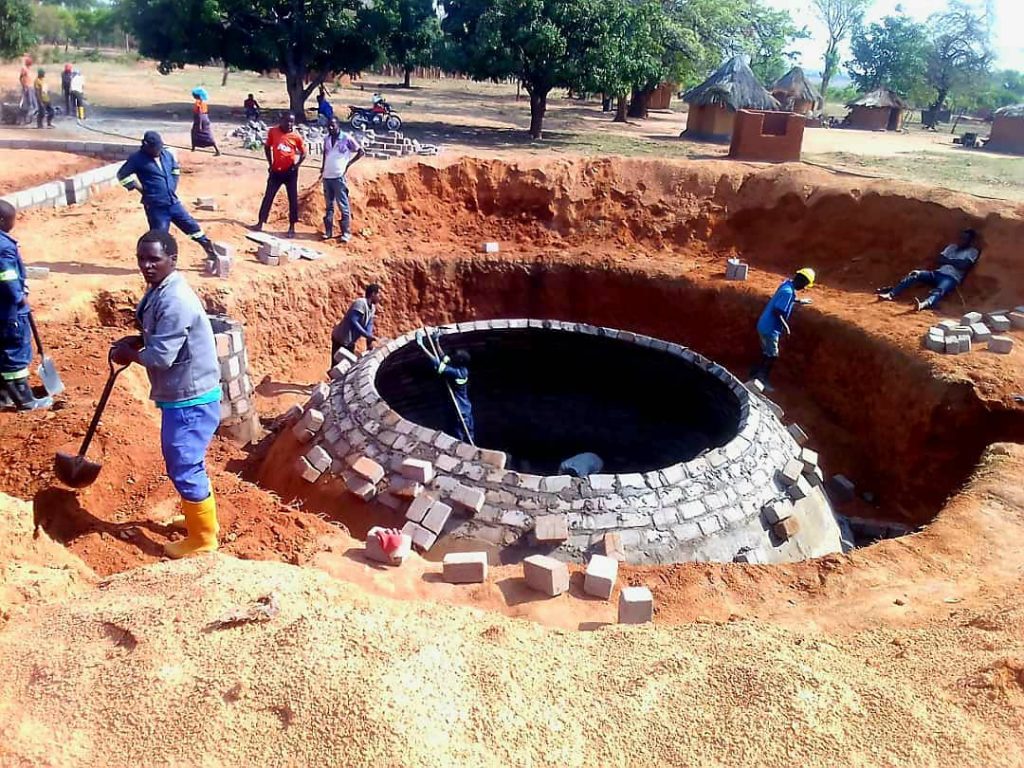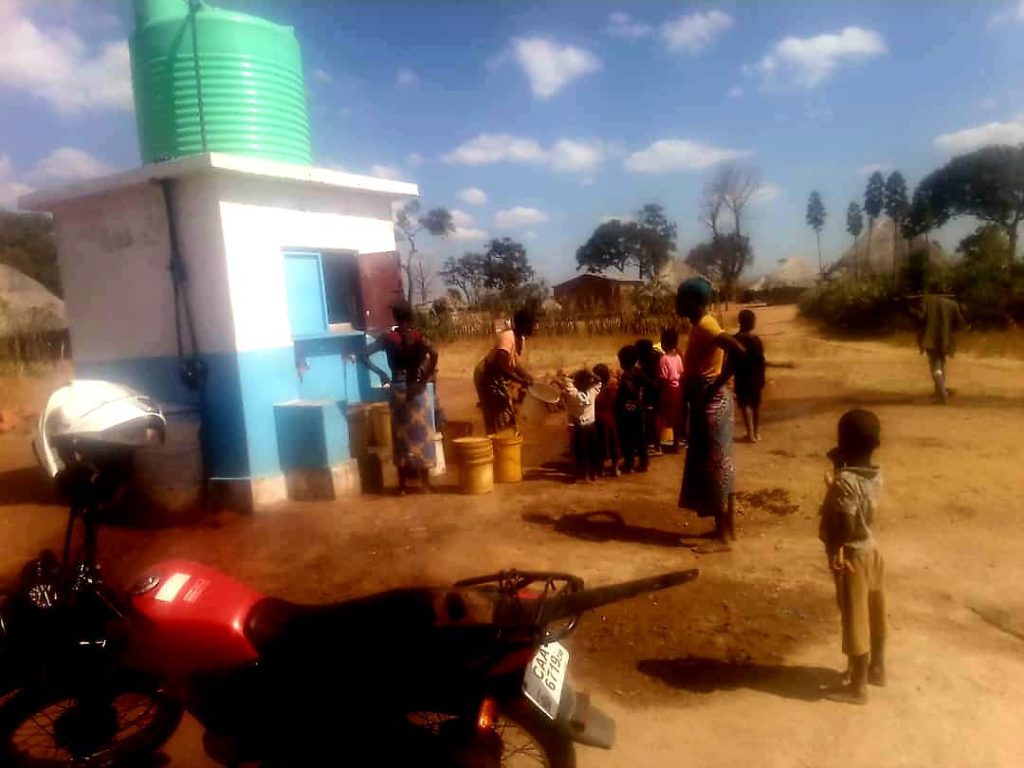Construction of biogas-producing infrastructure

The New Apostolic Church Relief Organisation (NACRO) is implementing the Expanded Energy Cooperatives for Smallholder Farmers Project (EEC4F) in Nkhundye Village and surrounding Areas of Petauke District in the Eastern Province of Zambia. The study established that communities in the area had serious livelihood challenges, such as a lack of access to appropriate and sustainable energy sources. For example, before the inception of the ended project,100% of targeted households in the communities used charcoal and firewood for heating, used no stoves, and had poor or no kitchens. In addition, very few used solar for lighting, while small businesses, public amenities, etc. had no access to power. Low agricultural productivity is worsened by negligible engagement in high-value cropping e.g., horticulture (7.27%), low land use productivity (4 months/seasonal field crop farming), and low household incomes (largely due to low involvement in economic activities.

Kiosk installed in the community
The project installed 2 bio-digester equipment units of about 75 m3 capacity, 1 in Nkhundye village and another in Chipaya village of the same community. 50 households are directly connected beneficiaries of the biogas for cooking on gas stoves and expecting 100 more households to start cooking on gas stoves soon once the storage bags are distributed and the compression system is installed.
In addition, to meet the need for enough water supply that the community can use for human and cattle drinking; and vegetable production, the project has drilled 3 commercial boreholes in the community where 2 are solar powered while 1 runs on a powered generator, and 6 water kiosks have been put up in the community to ensure even water distribution, allowing over 300 households and 500 cattle to have access to clean water from water taps and at the community drinking points respectively. Over 300 cattle from 5 villages can spend nights in a clean and secured cattle shed.
Furthermore, the project has also facilitated the establishment of an active and viable vegetable production unit which is being run and managed by the community project committee to instill sustainability in the project. Over 10 tons of already decomposed manure has been made available for the community to apply in their crop field to improve soil fertility which has enabled them to have access to affordable local and fresh vegetables. Moreover, various pieces of training in savings and credit group management, biogas production and usage, general animal husbandry, conservation, and sustainable agriculture have been provided, benefiting over 200 communities with employment during the project implementation process.
